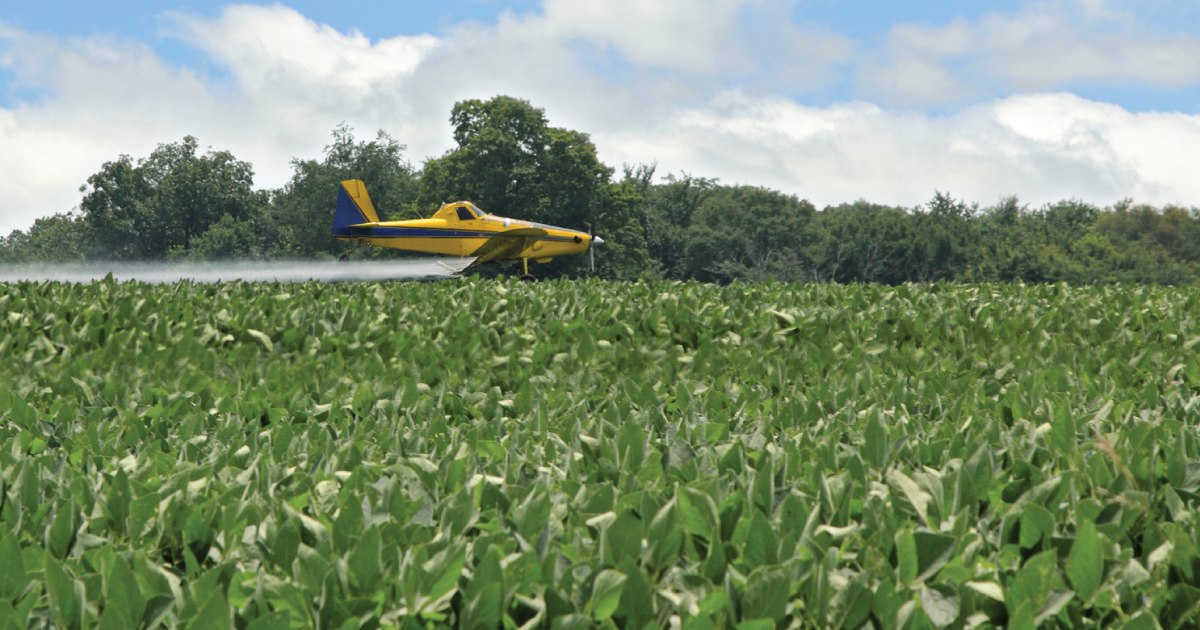
Despite Federal, State Efforts, Dicamba Complaints Continue
For the third straight year, a volatile pesticide is damaging crops across the Midwest and South, despite federal and state efforts to lessen the drift. Since 2017, farmers have sprayed an increasing amount of the weedkiller, called dicamba, on soybean and cotton crops genetically engineered by agribusiness company Monsanto to withstand being sprayed by the herbicide.
August 28, 2019 | Source: St. Louis Post-Dispatch | by Johnathan Hettinger
For the third straight year, a volatile pesticide is damaging crops across the Midwest and South, despite federal and state efforts to lessen the drift.
Since 2017, farmers have sprayed an increasing amount of the weedkiller, called dicamba, on soybean and cotton crops genetically engineered by agribusiness company Monsanto to withstand being sprayed by the herbicide.
But each year, dicamba has drifted off-target and damaged millions of acres of nonresistant soybeans and other plants.
In fact, farmers in Illinois, the nation’s leading soybean-producing state, have reported record levels of crop damage caused by pesticide drift in 2019, with 590 dicamba-related complaints as of Aug. 23. In 2017, Illinois had 246 dicamba-related complaints. In 2018, the state had 330.
In Missouri, agriculture officials continue to receive dicamba-related complaints, but the number is trending lower. This year, through Monday, the state has received 77 complaints about alleged dicamba drift, according to a Missouri Department of Agriculture spokeswoman. The total was 220 in 2018, down from 315 in 2017.
